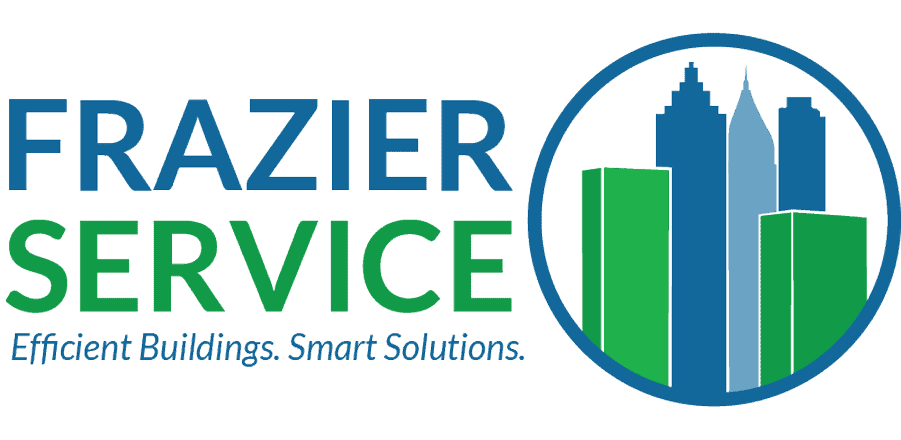Few things rally workers, customers, and visitors together, like temperatures deemed too hot or too cold. And while there’s no way to set the air conditioning to the ideal office temperature for everyone, you can create a comfortable environment that doesn’t affect employee productivity. Read on to learn how the temperature in a workplace affects productivity, what the optimal temperature for office productivity is, and more.
How Does the Temperature in a Workplace Affect Productivity?
The effects of temperature on productivity can be felt in all work environments and industries. Think of how irritable, grumpy, or unpleasant you and your coworkers can be when the air conditioner isn’t working properly during hot weather. Just as problematic is trying to get your work done with teeth-chattering room temperatures.
As a business owner or manager, you certainly want to keep your employees in a good mood, but you’re probably even more concerned about the effect of temperature on productivity. A University of Chicago study showed that hotter temperatures negatively impact productivity. The study found that:
- Productivity declined up to 4% among manual laborers for every degree above 80.6 degrees Fahrenheit.
- Prolonged heat waves affects employee performance and causes absenteeism.
Preparing your HVAC system for the summer months is a simple and cost-effective way to increase productivity and keep your building at the ideal temperature.
Other studies have shown cold temperatures in the workplace affect productivity also. When below the ideal office temperature, exposed workers make more errors and create less output. This highlights the importance of HVAC maintenance and quickly addressing common air conditioning issues that arise in the winter.
What Is the Optimal Temperature for Office Productivity?
Now that you know the effect of temperature on productivity, you’re probably wondering what the ideal office temperature is. A 2006 study showed that temperatures between 69.8 and 71.6 degrees Fahrenheit increase job satisfaction and productivity. Because of various factors such as dress codes, metabolic rate, weight, gender, and age, what each individual considers the ideal varies, but that range should minimize complaints.
The Occupational Safety and Health Administration (OSHA) doesn’t provide specific regulations for ideal office temperatures but does recommend workplaces be kept between 68 and 76 degrees Fahrenheit. Furthermore, OSHA states facility managers should maintain humidity control to a range of 20% to 60%.
How Can I Avoid the Negative Effects of Temperature on Productivity?
There are several ways to maintain ideal office temperatures so you don’t have to deal with the downside effects of temperature on productivity.
Preventative Maintenance
Whether you’re preparing for colder winter temperatures or the sweltering heat of an Atlanta summer, preventative maintenance is a critical component of an optimized HVAC system. Having a professional routinely look over your equipment and identify minor issues before they become more significant problems saves you time and money. It also helps hold optimal temperatures for office productivity more efficiently.
Repairs and Replacement
From office thermostats to industrial chillers, all HVAC equipment has a service life. Timely repairs extend the life of your system, helping you maximize your investment. They also significantly reduce the effect of temperature on productivity by regulating and maintaining comfortable thermostat settings.
If you’re experiencing system failure or looking to install a new, more efficient system, replacement services are ideal. Modern technology has made HVAC systems a great way to maintain optimal temperatures for office productivity and an excellent way to save money on energy costs.
Building Automation Systems
When you integrate a building automation system, your facility gains a flexible, interchangeable system with user-friendly platforms that enable:
- Enhanced energy efficiency
- Utility savings
- Multi-site management capabilities
Older equipment has to work harder to reach and hold ideal office temperatures. Increased energy consumption and costs are higher with fatigued systems more likely to fail. Retrofitting your system with a control system gives you ultimate control of conditions and the effect of temperature on productivity.
Frazier Services Delivers the Positive Effects of Temperature on Productivity
Since 1973, Frazier has helped businesses throughout Atlanta maintain optimal temperatures for office productivity. We take a customer-partner approach to all our services and solutions, ensuring you’re always treated like a part of our team. If you’re interested in avoiding the adverse effects of temperature on productivity, reach out to us today to schedule an appointment.





